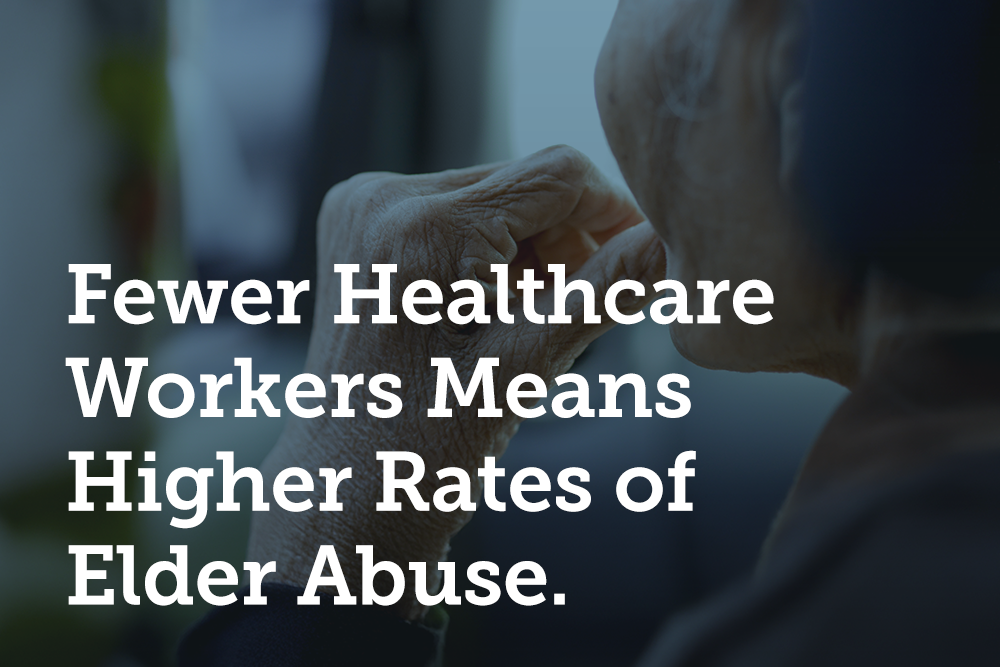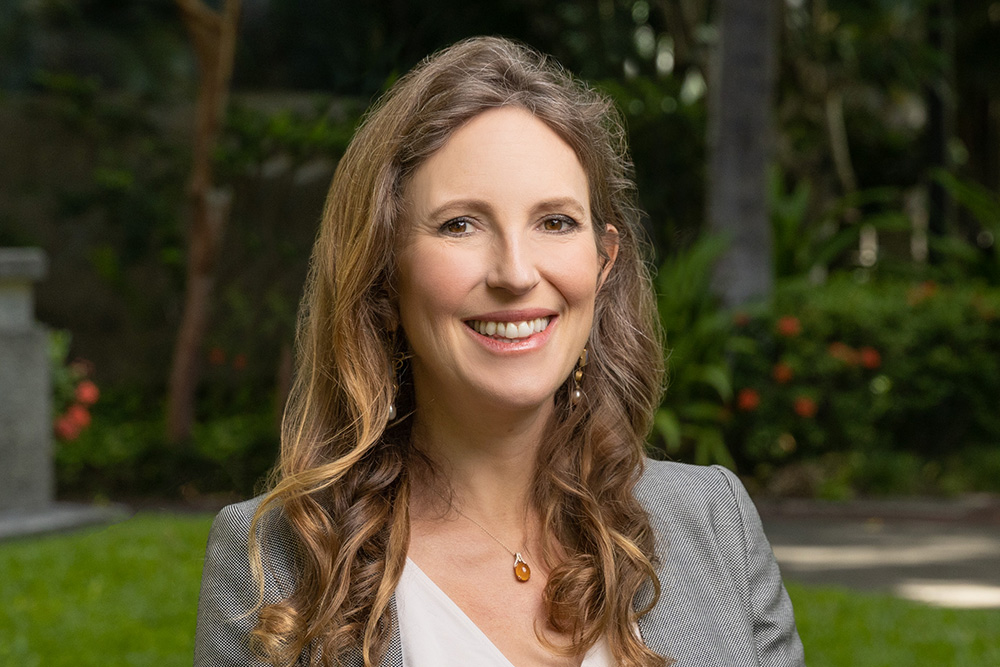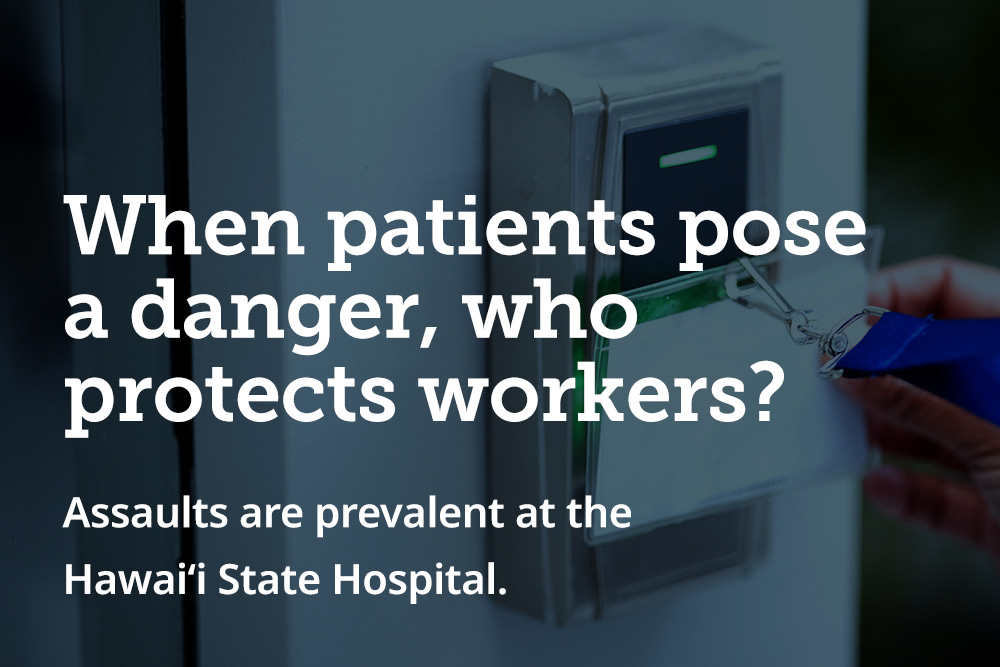(Pictured above: Our host Mike Buck with Dr. Matthew Koenig from The Queen's Medical Center.)
Do you know how to recognize the signs and symptoms of a stroke? Knowing could save someone you know from suffering a disability.
Our guest on today's show is Dr. Matthew Koenig, Director of Telehealth and Associate Director of Neuro-Critical Care at The Queen's Health Center. He's an intensivist, which is a medical doctor with special training and experience in treating critically ill patients. Dr. Koenig stresses that it's really important to be able to recognize a stroke.
One big difference between strokes and heart attacks is that heart attacks are painful. Because of the pain, people suffering a heart attack know right away that something is very wrong, so they get emergency care.
On the other hand, people having a stroke are having an injury to the brain that affects how the brain functions. They often don't realize they're having a stroke because they're not thinking as normal. Failure to seek emergency care during a stroke worsens its effect, which results in more serious disabilities for the person affected.
We have a simple way to identify a stroke: Act FAST.
Face droopiness on one side of the face
Arm (or leg) weakness, or weakness on one side of the body
Speech problems, either slurred or garbled speech
Time to call 911
Time is of the essence when someone is having a stroke. The sooner they get to a hospital, the better their chances of recovery. If someone is feeling unwell and they can't quite explain exactly what the problem is, check the first three of the items above. If any of them are a problem, it's time to call 911 right away.
We talk about more than strokes in this episode. As a neuro-intensivist, Dr. Koenig can offer a unique perspective on repetitive concussive and sub-concussive injuries. "It's a cumulative problem," he says, "which means that the sum and severity of injuries that the brain receives over a lifetime really will have an additive—and probably multiplicative effect, as well—to produce chronic traumatic encephalopathy."
We also learn about advances in the field of telemedicine, which allows doctors and patients in different locations to connect through technology. Dr. Koenig is at Hawai‘i's forefront in this field.
Tune in, and join host Mike Buck and guest host Clarisse Kobashigawa for a fun and interesting show!






